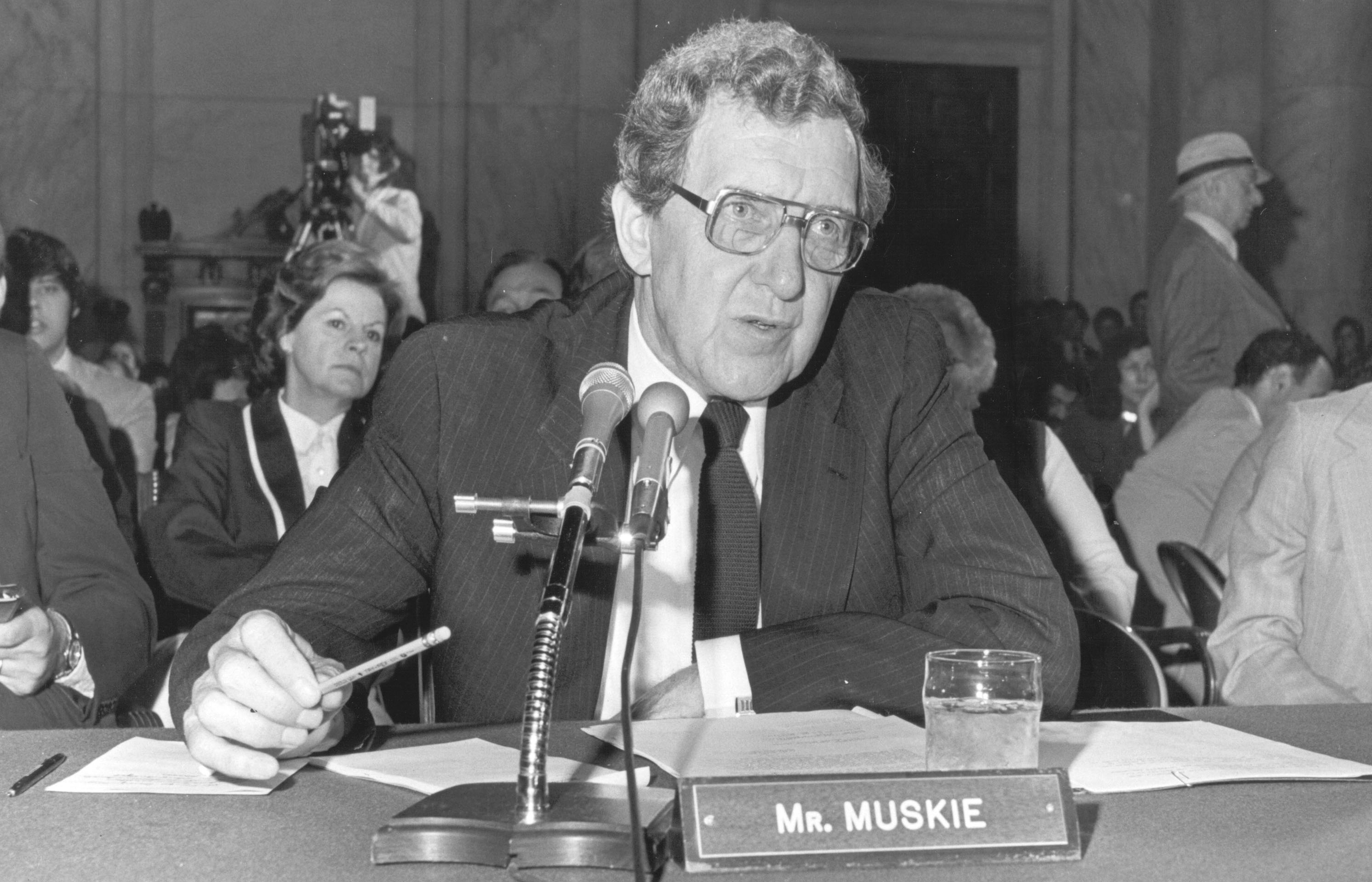
Edmund S. Muskie Oral History Collection
Document Type
Oral History
Loading...
Publication Date
5-13-1999
Interview Number
MOH 091
Abstract
Phil Isaacson was born in Lewiston, Maine on June 19, 1924. He attended Lewiston primary schools. He spent his first two years of high school at Lewiston High School and his second two at Hebron Academy. He attended Bates College where he was a part of the V-12 Naval officer training program. He was in the Navy from the tail end of WWII until 1946. He then returned to Bates and graduated in 1947. He then entered Harvard Law School where he concentrated on corporate law. He practiced law with his father for almost 25 years. He served on the Lewiston Board of Finance. He served as Corporation Counsel under Malenfant, Rancourt, and Beliveau. He was also the Assistant County Attorney.
Use Restrictions
Copyright Bates College. This transcript is provided for individual Research Purposes Only; for all other uses, including publication, reproduction and quotation beyond fair use, permission must be obtained in writing from: The Edmund S. Muskie Archives and Special Collections Library, Bates College, 70 Campus Avenue, Lewiston, Maine 04240-6018.
Recommended Citation
Gethin-Jones, Meredith, "Isaacson, Phil oral history interview" (1999). Edmund S. Muskie Oral History Collection. 177.
https://scarab.bates.edu/muskie_oh/177


Scope and Content Note
Interview includes discussions of: Isaacson’s wife’s trip to the National Convention; “Old maid” Irish school teachers in the Lewiston school system during the 20s, 30s, and 40s; Bates as culturally homogenous in the 1940s; Lewiston as the industrial heart of Maine; the nature of Democrats in Lewiston; labor unions; blue collar two worker families in Lewiston during the 30s and 40s; Auburn city seal; shoe and leather bank in Auburn; Lewiston as “classless” society; small middle class, no upper class; Bates’ beginnings as Maine State Seminary; Boston as “the hub” of the universe and the “American Athens”; Lewiston government before 1980; Lyndon Johnson’s “if you’re not part of the solution, you are part of the problem”; generational shift on view of rights; decline in size of Lewiston’s Jewish population; and social clubs of Lewiston.